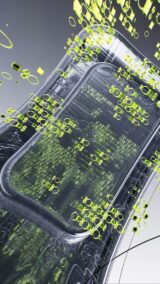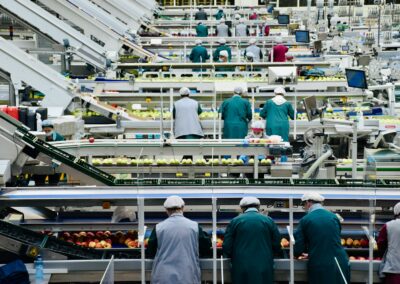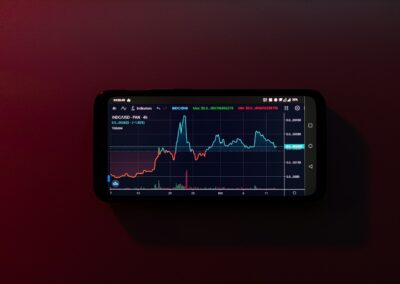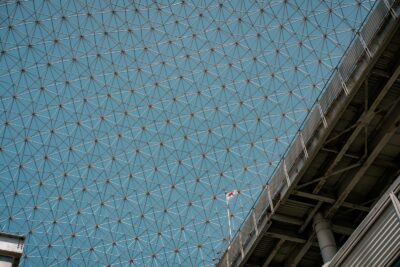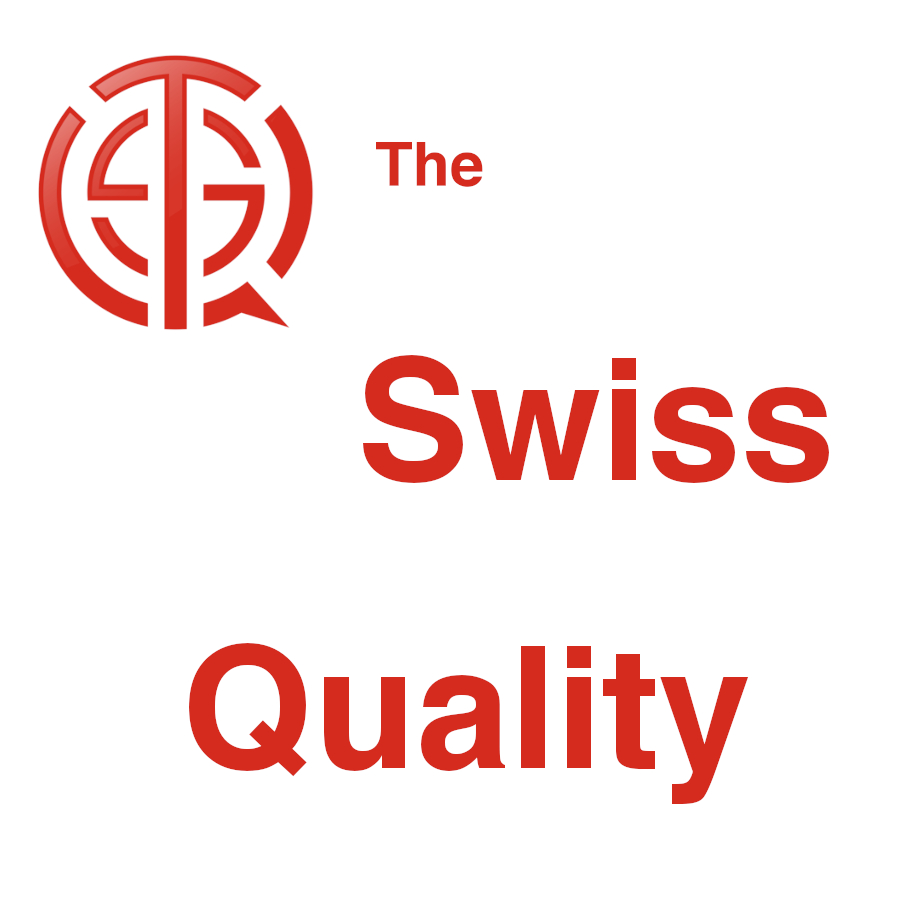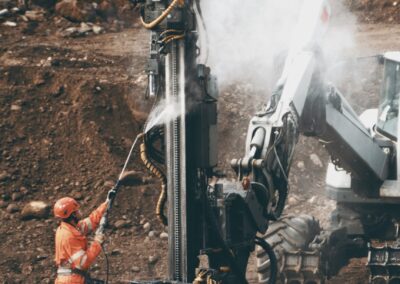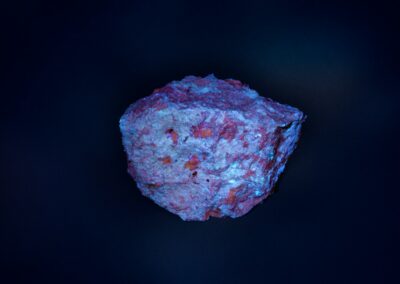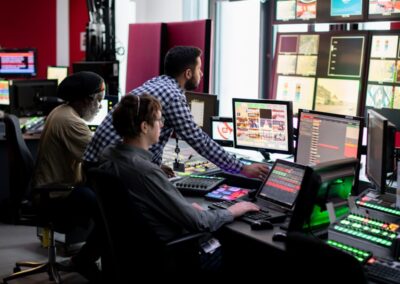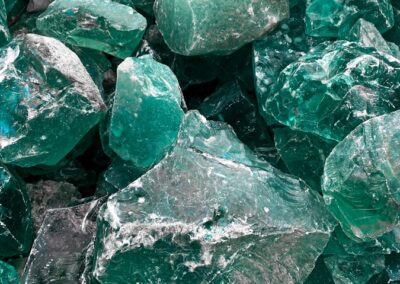Enhancing Recycling Efficiency with Cutting-Edge Solutions
Introduction to Advanced Sorting and Separation Technologies
The use of advanced sorting and separation technologies such as optical sorters and magnetic separators has significantly improved the efficiency and quality of recycling processes. These technologies enable the accurate identification and segregation of different materials, leading to more effective recycling operations. This innovation is particularly crucial for regions like Saudi Arabia and the UAE, where sustainable waste management is essential for environmental conservation and economic development.
In Saudi Arabia, cities such as Riyadh are increasingly adopting advanced sorting technologies to enhance their recycling capabilities. Optical sorters use cameras and sensors to identify and separate materials based on color, shape, and composition. This precision ensures that recyclables are sorted accurately, reducing contamination and increasing the purity of recycled materials. Magnetic separators, on the other hand, use magnetic fields to attract and remove ferrous metals from waste streams. These technologies streamline the recycling process, making it more efficient and cost-effective.
Dubai, known for its commitment to technological innovation, is also leveraging advanced sorting and separation technologies to improve its waste management systems. The city’s Smart Dubai initiative integrates cutting-edge technologies to promote sustainability and environmental responsibility. By employing optical sorters and magnetic separators, Dubai can optimize its recycling operations, minimize waste, and support the circular economy. These efforts not only contribute to environmental preservation but also enhance the city’s reputation as a global leader in smart urban development.
Optical Sorters and Magnetic Separators in Practice
Optical sorters and magnetic separators are two primary technologies used to enhance the efficiency and quality of recycling processes. Each technology offers unique benefits and applications, making them essential components of modern waste management systems in Saudi Arabia and the UAE.
Optical sorters utilize advanced imaging and sensor technologies to identify and separate materials based on specific characteristics such as color, shape, and chemical composition. This high level of precision ensures that recyclables are sorted accurately, reducing contamination and improving the quality of recycled materials. In Riyadh, optical sorters are used to process a wide range of recyclables, including plastics, paper, and metals. By accurately segregating materials, these technologies help reduce the amount of waste sent to landfills and promote more sustainable recycling practices.
Magnetic separators, on the other hand, are designed to remove ferrous metals from waste streams using powerful magnetic fields. This technology is particularly effective in separating metals from mixed waste, ensuring that valuable metals are recovered and recycled. In Dubai, magnetic separators are employed in various recycling facilities to enhance the recovery of ferrous metals, which can be reused in manufacturing and construction. This not only conserves natural resources but also reduces the environmental impact of mining and metal production.
Both optical sorters and magnetic separators are continuously being improved through technological advancements. Innovations such as AI-driven sorting algorithms, enhanced sensor capabilities, and hybrid sorting systems are being integrated into recycling facilities in Saudi Arabia and the UAE. These advancements increase the efficiency and accuracy of sorting processes, leading to higher recovery rates and better-quality recycled materials. By adopting these cutting-edge technologies, both Riyadh and Dubai are setting new standards in sustainable waste management and recycling.
Leadership and Management in Implementing Sorting Technologies
Effective leadership and project management are crucial for the successful implementation and operation of advanced sorting and separation technologies. Business executives, mid-level managers, and entrepreneurs in Saudi Arabia and the UAE must possess the skills and knowledge to drive these initiatives forward. This involves understanding the technical aspects of sorting technologies, as well as the ability to lead cross-functional teams and coordinate efforts across various sectors.
In Riyadh and Dubai, where technological innovation is a key driver of economic growth, leaders must prioritize the integration of advanced sorting technologies into their strategic planning processes. This includes investing in training programs for staff, fostering partnerships with technology providers, and staying abreast of the latest developments in the field. By cultivating a culture of innovation and continuous improvement, leaders can ensure that their organizations are well-prepared to address the challenges posed by waste management and recycling.
Project management skills are equally important in this context. The deployment of advanced sorting and separation technologies requires careful planning, execution, and monitoring. Project managers must be adept at managing resources, timelines, and stakeholder expectations, ensuring that projects are delivered on time and within budget. This is particularly relevant in the Middle East, where large-scale infrastructure projects are common, and the stakes are high.
Conclusion: Building a Sustainable Future through Advanced Sorting Technologies
The integration of advanced sorting and separation technologies represents a significant advancement in enhancing the efficiency and quality of recycling processes. By leveraging optical sorters and magnetic separators, Saudi Arabia and the UAE can improve their waste management practices, reduce environmental impact, and support the circular economy. The proactive adoption of these technologies underscores the commitment of these nations to sustainability and environmental responsibility.
Leadership and project management skills are essential for the successful implementation of advanced sorting technologies. Business executives, mid-level managers, and entrepreneurs must be proactive in adopting and promoting these technologies within their organizations. By doing so, they can contribute to building sustainable communities that are capable of withstanding the challenges posed by waste management and resource conservation.
In conclusion, the strategic use of advanced sorting and separation technologies offers a powerful tool for enhancing recycling efficiency and quality. With the right leadership, management skills, and technological innovations, Saudi Arabia and the UAE can lead the way in creating more sustainable and environmentally responsible urban environments.
#AdvancedSortingTechnologies #RecyclingEfficiency #OpticalSorters #MagneticSeparators #SaudiArabia #UAE #Riyadh #Dubai #ArtificialIntelligence #ModernTechnology #BusinessSuccess #Leadership #ProjectManagement




